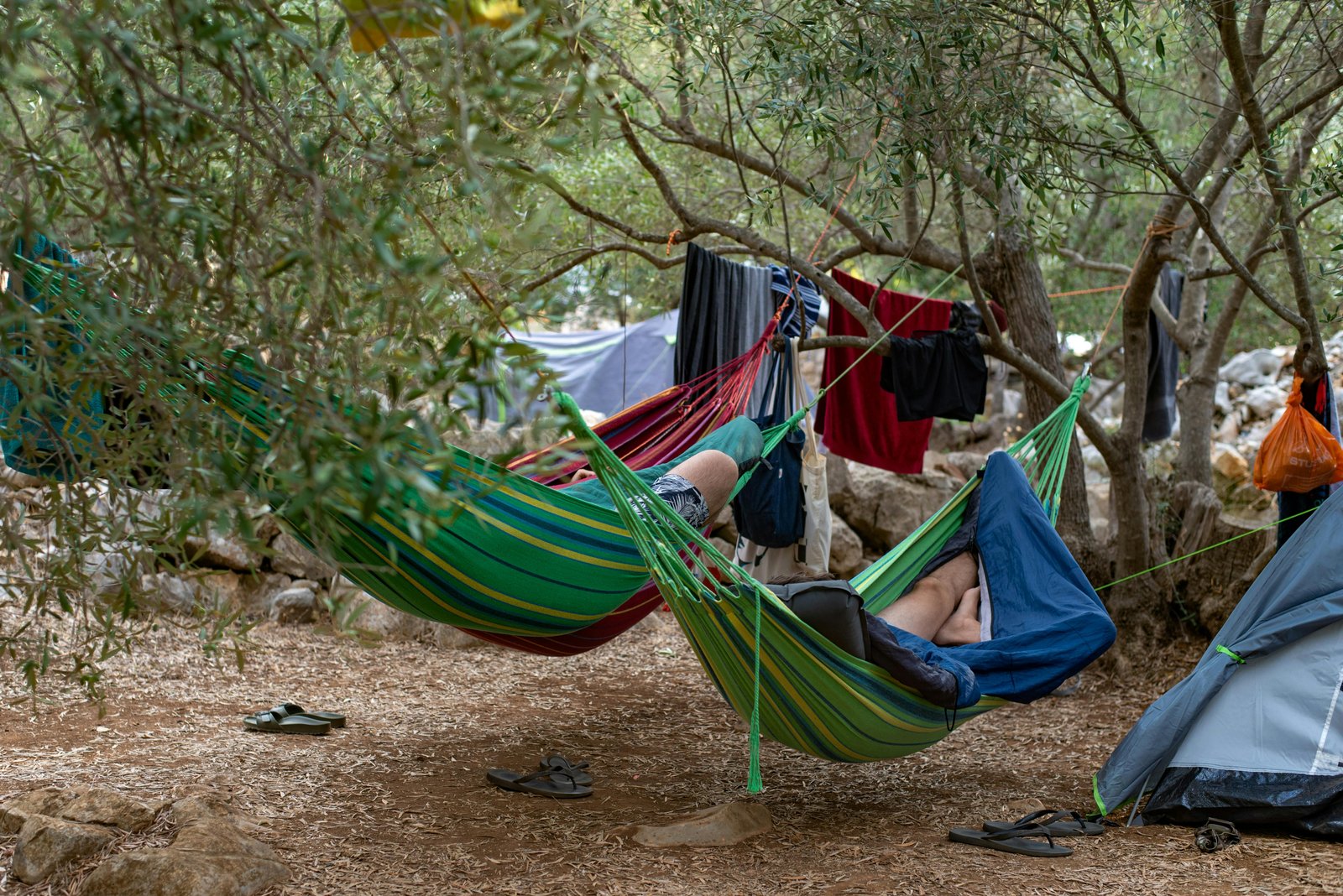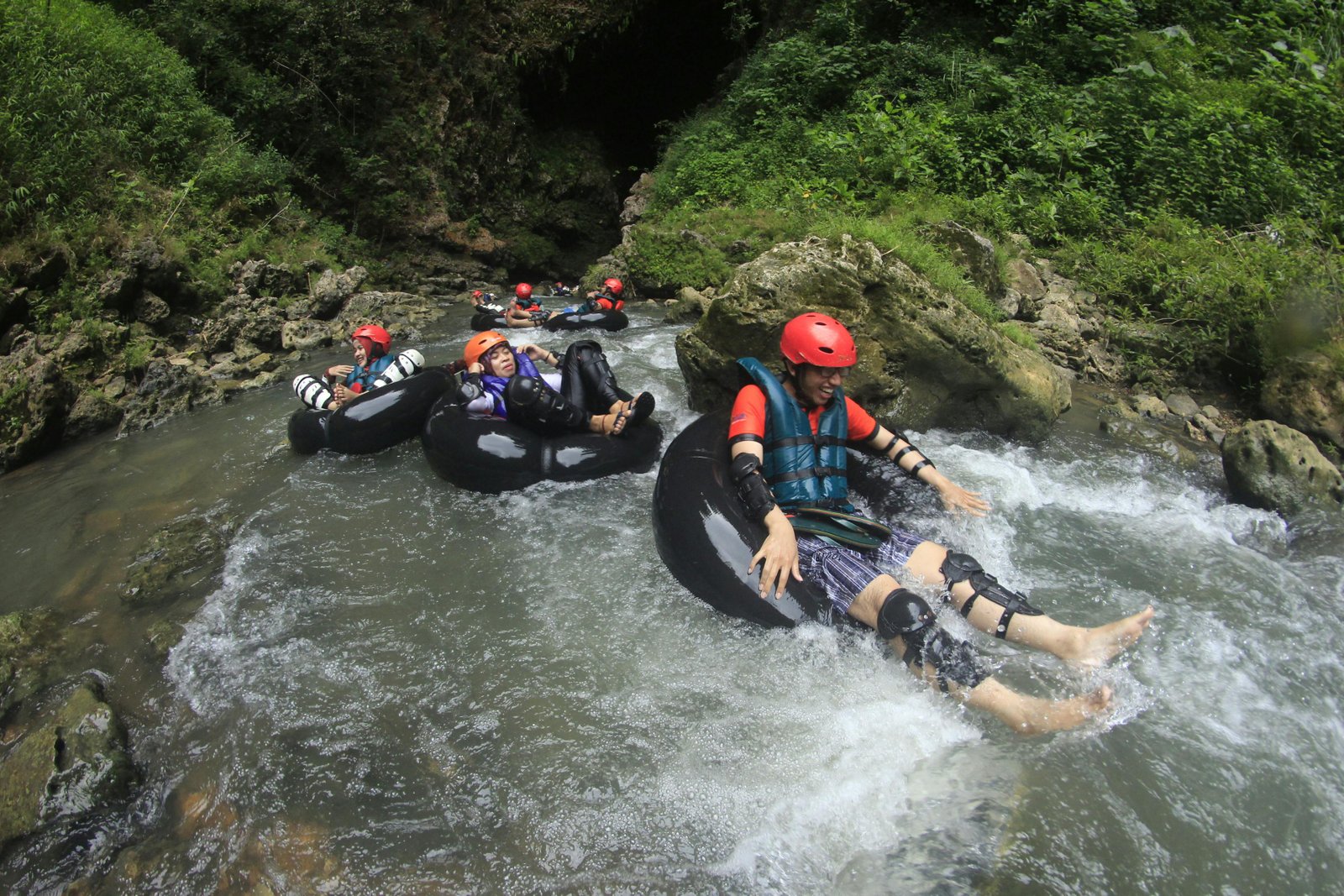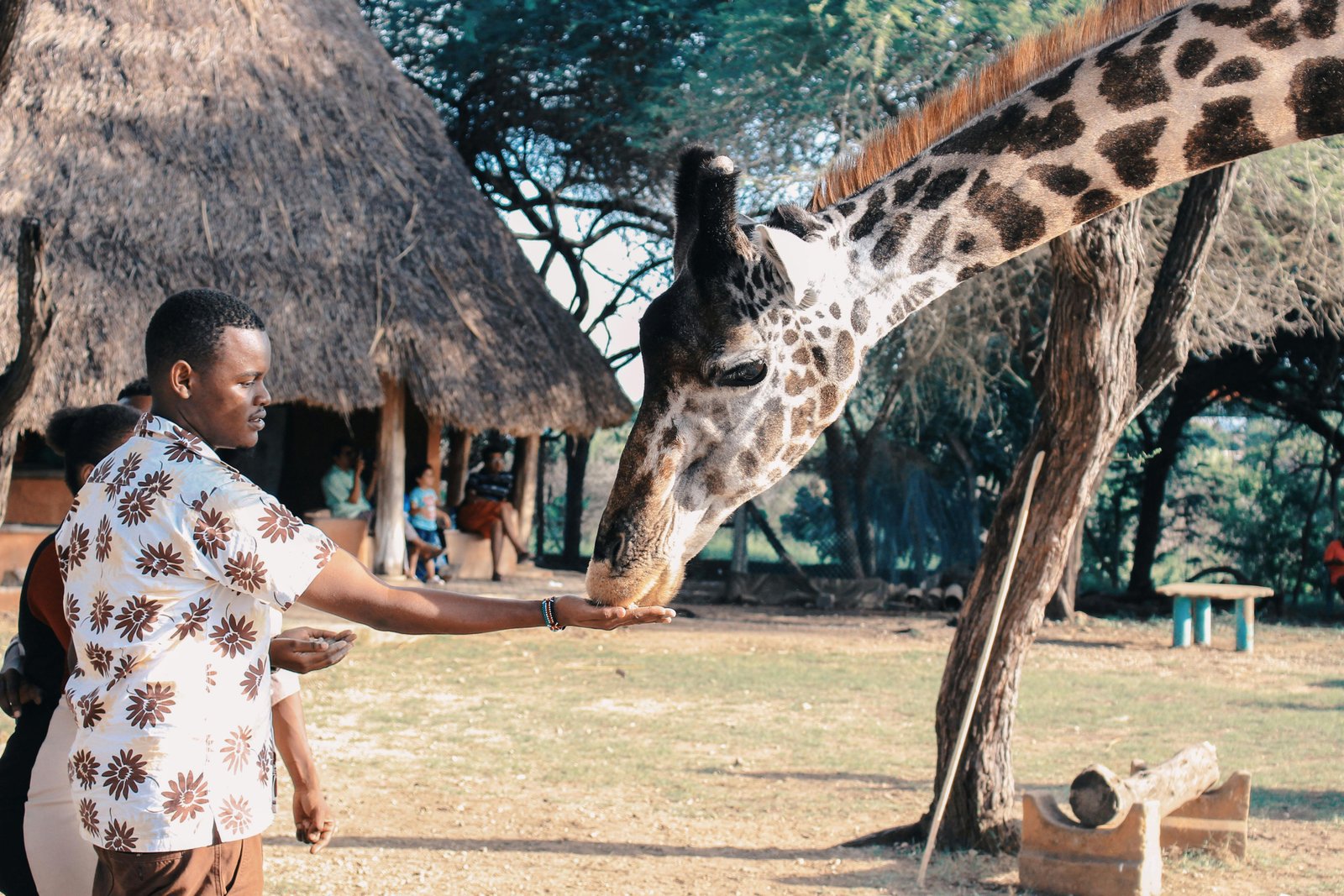Imagine yourself strolling through a flourishing forest with a skilled local guide who is acquainted with the pathways, surrounded by majestic trees that are bursting with rare bird sounds. They pause you to let you absorb the splendor of the native plants while detailing their habitat and medicinal benefits. You realize that your trip is more than just a conventional holiday; it's eco-tourism in action.
Eco-tourism is an intentional effort to celebrate nature's wonders while conserving them for future generations. This is the essence of eco-tourism, a growing trend as tourists look for more in-depth and significant ways to experience the planet.
More than just an expression, eco-tourism signifies a change in mindset that puts a spotlight on conserving and valuing native environments and cultures. The consultants for ecotourism and sustainability emerge as the overlooked heroes of this evolving terrain.
Behind the scenes, they ensure that neither the planet nor its residents suffer as a consequence of our expeditions. These experts work relentlessly to ensure that tourism enhances rather than takes away from the places we visit, making them the unsung heroes of ethical tourism.
Whether you want to learn more about how eco-tourism functions or are curious about a career in sustainability, this article discusses the significant responsibilities and roles of these consultants.

What Is Eco-Tourism?
Eco-tourism is a movement that is transforming our view of travel, not just a passing trend.
Essentially, ecotourism is about:
Conservation - protecting nature's resources, especially delicate ecosystems and threatened species.
Responsible travel - reducing adverse effects on communities and the environment.
Education - enlightening tourists on the significance of preservation.
Taking Costa Rica as an example, this little country, which is renowned as an environmental paradise, uses the revenue that it generates from tourists to protect its wildlife and forests. Its initiatives have set a precedent for others, illustrating the way effectively run ecotourism can foster conservation and boost the economy. Costa Rica provides a prime instance of how consultants can transform visionary ideas into achievable, feasible options for tourist attractions, from innovative forestry projects to empowering the community through legitimate employment. Along with rappelling through jungles, visitors can discover conservation initiatives. The power of eco-tourism lies in its dual commitment to enjoyment and learning.
While safeguarding biodiversity, ecotourism initiatives in India, for instance those in Sikkim, have empowered local communities. Homestays provide tourists with an authentic experience, and the money generated benefits conservation campaigns. These examples illustrate how ecotourism blends accountability with pleasure.

What Does Sustainability Mean in the Travel Sector?
In the tourism sector, sustainability is like walking on a tightrope and three key elements have to be balanced:
- Environment, which involves reducing damage to the environment by employing techniques like waste reduction and renewable energy
- Social, whichimplies ensuring that the local people feel empowered by tourism while respecting their traditions and customs
- Financial, which provides long-term economic benefits to the locals
Imagine a beach resort in Bali that utilizes sunlight to power its operations, recruits locals, and acquires its food from indigenous farmers. The Bambu Indah resort in Ubud, Indonesia, combines environmentally friendly practices with traditional Indonesian architecture. Offering lively discussions on topics like organic agriculture and sustainable building methods, it educates tourists about sustainability. This strategy creates an example of sustainable tourism while offering tourists a lasting memory. In this way, sustainability transcends beyond eco-friendly behaviors. The goal is to establish a mutually advantageous interaction between visitors, nature, and the local community.
Bhutan is also an excellent instance, where highly valuable, low-impact tourism ensures that the influx of visitors does not interfere with the traditional way of life. The significant impact of sustainable tourism techniques can be seen by the government's policy of imposing a daily tourism tax that funds environmental conservation and cultural preservation.
The Galápagos Islands offer yet more proof. Tight visitation laws and ecotourism initiatives there protect endangered species while offering life-changing experiences. Every visit serves as an adventure and a learning one as guides teach visitors how to take care of the vulnerable ecosystem.

Who Are Eco-Tourism and Sustainability Consultants?
The balance that we just read about is the product of eco-tourism and sustainability consultants, who uniquely fill the gap between revenue generation and preservation of the environment. These specialists have a distinctive set of skills, in contrast to other consultants who may focus solely on environmental science or business efficiency. They are crucial for creating sustainable, profound travel experiences as they combine an extensive understanding of ecosystems with expertise in tourism management and social responsibility. They make sure that tourism not only thrives but does so in an ethical way.
Let’s get to who they are and what they do:
- Key capabilities and expertise: These professionals blend business-related strategy, cultural awareness, and ecological science expertise. They merge components from oral storytelling, tactics, and science.
- Organization types they partner with: Their customer-base is as diverse as their area of expertise, including governments establishing ecotourism regulations to resorts pursuing green certifications.
Suppose an island-style resort aiming to draw eco-aware tourists, a consultant like this is called upon to establish eco-friendly plans, design waste management systems, and educate staff members to communicate the resort's sustainability story to visitors.

Key Responsibilities of Eco-Tourism and Sustainability Consultants
These consultants are masters of many trades and here’s a look at some of their key roles:
- Sustainability Assessment & Strategy Development: Offering tailored options while assessing how businesses can grow to be more sustainable. For instance, suggesting installing energy-efficient lighting or switching out throwaway bottles for reusable versions.
- Planning & Development for Eco-Tourism: Developing experiences that enable visitors to interact with culture and nature without compromising either.
- Reduction of Environmental Impact: Aiding businesses in minimizing their carbon emissions by composting food waste or shifting to solar energy for power supply.
- Compliance and Certifications: Assisting companies to comply with international eco-certification standards like EarthCheck, LEED (Leadership in Energy and Environmental Design), and Green Globe. Alongside authenticating sustainability initiatives, these certifications enhance a company's image and attract eco-aware tourists, globally.
- Education and Community Engagement: Ensuring that community members are engaged in tourism as partners instead of spectators. They promote a sense of pride and ownership by teaching the locals sustainable methods and involving them in decision-making.
- Marketing & Branding: Designing compelling stories that highlight a company's green initiatives as well as attracting tourists who value purpose-driven travel.
For example, a sanctuary for wildlife in Africa partnered with consultants to design solar-powered eco-lodges that hire local guides. This project proved the extensive advantages of sustainable tourism actions by lowering their environmental effects while simultaneously offering neighboring towns a reliable source of income.
Similar to this, consultants helped in the creation of Maori-led tourist initiatives in New Zealand that promote economic growth while respecting indigenous culture. By discovering about traditional practices, visitors have a deeper knowledge of the area and its inhabitants.
Consultants for ecotourism and sustainability are facilitators, transforming travel into a beneficial force that preserves the environment, supports local communities, and enriches tourist experiences. Their role is growing more essential as the world deals with issues like excessive tourism and climate change.

"The one thing we need more than hope is action," as environmentalist Greta Thunberg puts, it is necessary because the tourism industry accounts for about 8% of global greenhouse gas emissions.
So, whether you're driven to seek a career in this industry or you just want to add meaning to your trips – every choice matters. Think about the tales, traditions, and ecosystems you can contribute to preserving the next time you organize a trip, and give thanks to the consultants who made it possible.
“Sustainable tourism is not a trend, it’s a necessity for our planet's future” - and the consultants are the visionaries shaping this transformation, aligning adventure with responsibility, helping to chart a course towards a better and more balanced world.

